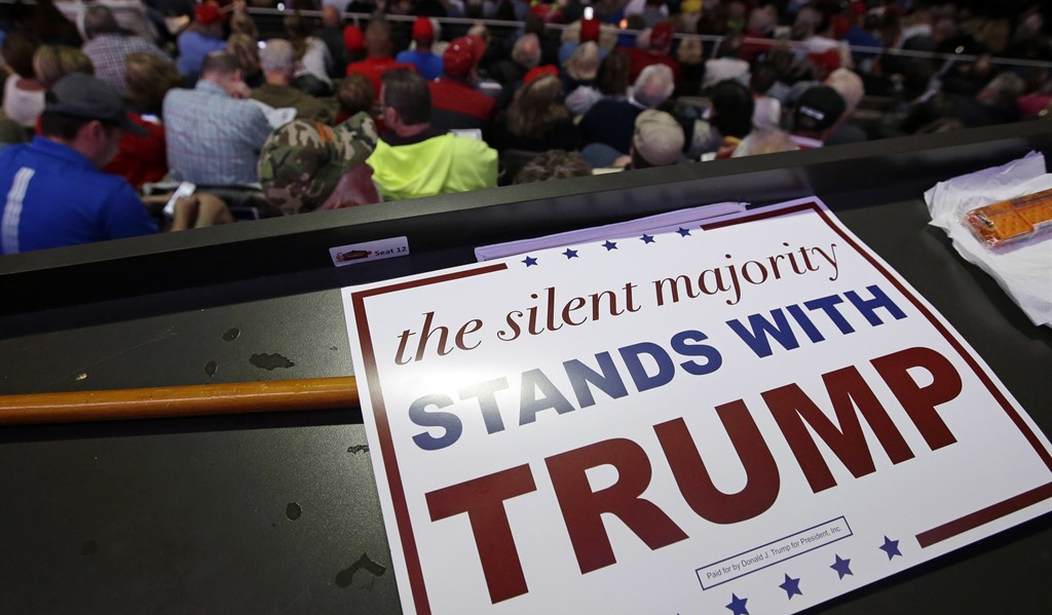In a campaign season with rampant name-calling, threats of not supporting “certain” candidates, and complaints about “unfair” rules, a contested GOP convention may be the only hope for unifying a fractured party.
Donald Trump is closest to earning the 1237 delegates needed to ensure that he is the GOP’s presidential candidate. If he can earn those delegates in the remaining races, he should be made the candidate. But if he fails to reach that number, the GOP faces a contested convention to determine their chosen candidate.
Trump and many of his supporters want to call the race over, suggesting that he should be made the candidate even if 100 delegates short. He’s called the process unfair and tells anyone willing to listen that if he has the most votes cast—the people will have spoken.
Unfortunately, with seventeen candidates originally vying for the honor, no candidate will have over 50% of the actual votes cast in all the GOP primaries. Trump, even if far ahead, will have more Republicans voting against him than for him. After his continuing attacks on other candidates and the party’s process, unifying the party behind his candidacy may very well be a pipedream.
According to an April Gallup poll, seven in ten women have an unfavorable opinion of Trump. Since 1980, women outvote men in presidential elections. That does not bode well in an election where his most likely candidate is Hillary Clinton, the first woman running as a major party’s candidate.
To Trump, the candidate with the most popular votes should win, but that’s an argument the founding fathers would have resisted. They wisely wanted a republic that balanced the power of the populist states and the less populous states. The House gives more voice to the larger states. The Senate gives each state the same representation. In that same spirit, the GOP allows each state to choose how their convention delegates are chosen.
Recommended
For either party, it’s not a few party elitists in back rooms making their choice. The thousands of committed party faithful who serve as delegates in each state are the ones who ultimately make the choice. These are the men and women who register voters, walk the precincts, and actually volunteer to serve as delegates. They know the issues. They can discern candidates who are committed to party principles. They look into the background of candidates to surface “surprises” that can derail a candidate in the final weeks of the campaign. They want to win. They do the work to win, and they want a candidate they believe in.
Donald Trump has said he can act “presidential” when he needs to. Is there evidence of that? He says that he is the “best deal maker,” that he’ll “will, win, win,” and “make America great again.” A contested convention will make him prove those words by bringing together delegates not committed to vote for him. If he cannot unify a majority of the Republican delegates, the chances of him unifying a majority of voters to elect him in November are nonexistent.
If Trump truly is a great deal maker and negotiator, he has the easiest path to the nomination. Ted Cruz or John Kasich will have a tougher road. But in a contested convention, it’s the eventual nominee’s job to earn the trust and respect of a majority of delegates. This year, that could be harder than herding cats—wild cats. But the challenge is healthy and necessary in this contentious year.
In the history of the United States, conventions have sometimes chosen nominees few would have predicted. More than trusting any one candidate, trust the process and the informed delegates who’ll be motivated to pick the best candidate possible to beat a weak and unpopular Democratic candidate. The first Republican Convention was contested and ended up picking Abraham Lincoln. He went on to become one of the best and most respected presidents in American history. Let’s trust the process again.

























Join the conversation as a VIP Member